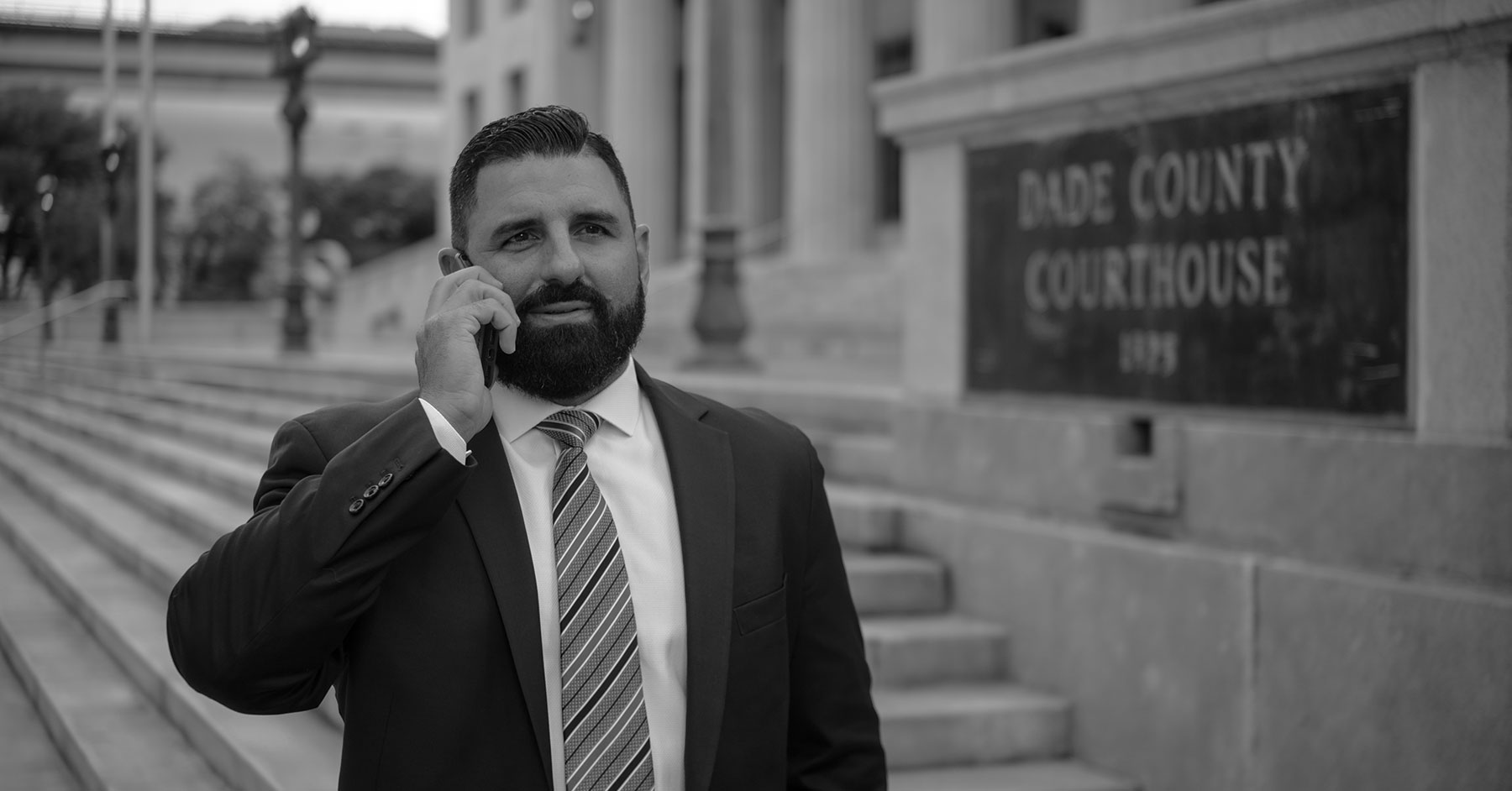Florida Real Estate Fraud
South Florida is ripe territory for real estate fraud. In fact, it’s been at or near the top of the list when it comes to these types of crimes for a decade or more. Just how seriously does the government take real estate fraud? In September 2019, a family of fraudsters in Broward County were sentenced to prison sentences that included 20 years, 35 years and life for renting and selling properties they didn’t own. In another 2019 case investigated by the Federal Housing Finance Agency and the U.S. Department of Housing and Urban Development, a real estate agent in Seminole County now faces a 30-year federal prison term for falsifying documents in a short-sale scheme. These are just two of the many examples of what is at stake for those accused of, charged with or arrested for real estate fraud.
What is real estate fraud?
Real estate fraud may be perpetrated by “insiders,” such as real estate agents or brokers, mortgage brokers, loan originators, appraisers, and those similarly employed in the industry, or by borrowers. The federal government, and specifically, the FBI, focuses its attention on the former, rather than the latter, type of fraud. It is defined as a crime of “fraud for profit” in which the aim “is not to secure housing, but rather to misuse the mortgage lending process to steal cash and equity from lenders or homeowners.”
Real estate fraud is loosely defined as a party misrepresenting or falsifying information to take advantage of another party in the purchase or sale of a property.
Types of Florida real estate fraud
While mortgage fraud is the most common type of real estate crime, there are many types of real estate fraud. All are considered to be financial crimes:
- “Chunking,” is a scam in which several properties or mortgage loans are lumped together and “sold” to an innocent buyer. The buyer only knows about one property, and his or her personal information is used to obtain loans on all the properties. Once the closings are completed, the scammer pockets the money and leaves the innocent buyer holding the bag.
- Property flipping is common in Florida and is not in and of itself illegal, unless related parties buy and sell the property among themselves, thereby inflating the property value through fraudulent appraisals.
- Equity skimming is a crime in which the perpetrator gains title to someone else’s property (often one that is in foreclosure), then refinances the property and takes all equity without following through on their promise to return the property to the original owner, who now faces another foreclosure.
- Modification or refinance fraud occurs when a party intentionally and knowingly understates income or illegally purports a property to be a primary residence in order to obtain refinancing or modification with more beneficial terms.
- Buy and bail schemes are those in which a homeowner is current on their mortgage, but their property value is less than what is owed. They borrow money to purchase another home, and once the funding is secured, default on the first property, allowing it to go into foreclosure.
- Builder bailouts involve inflated sales prices. According to Fannie Mae, this scam occurs “when a seller pays large financial incentives to the buyer and facilitates an inflated loan amount by increasing the sales price, concealing the incentive, and using a fraudulently inflated appraisal.”
These are just some examples of the wide range of mortgage and real estate frauds. Penalties for these crimes are severe and may involve significant fines and lengthy prison terms.
Our skilled real estate criminal defense attorney will aggressively fight for your rights
Charges of real estate fraud have serious consequences. Florida Federal Fraud Attorney Nayib Hassan has a proven track record of success in defending clients in state and federal courts. To learn more about how we can help you, please contact us online or call our office at (305) 403-7323 to schedule a consultation.

